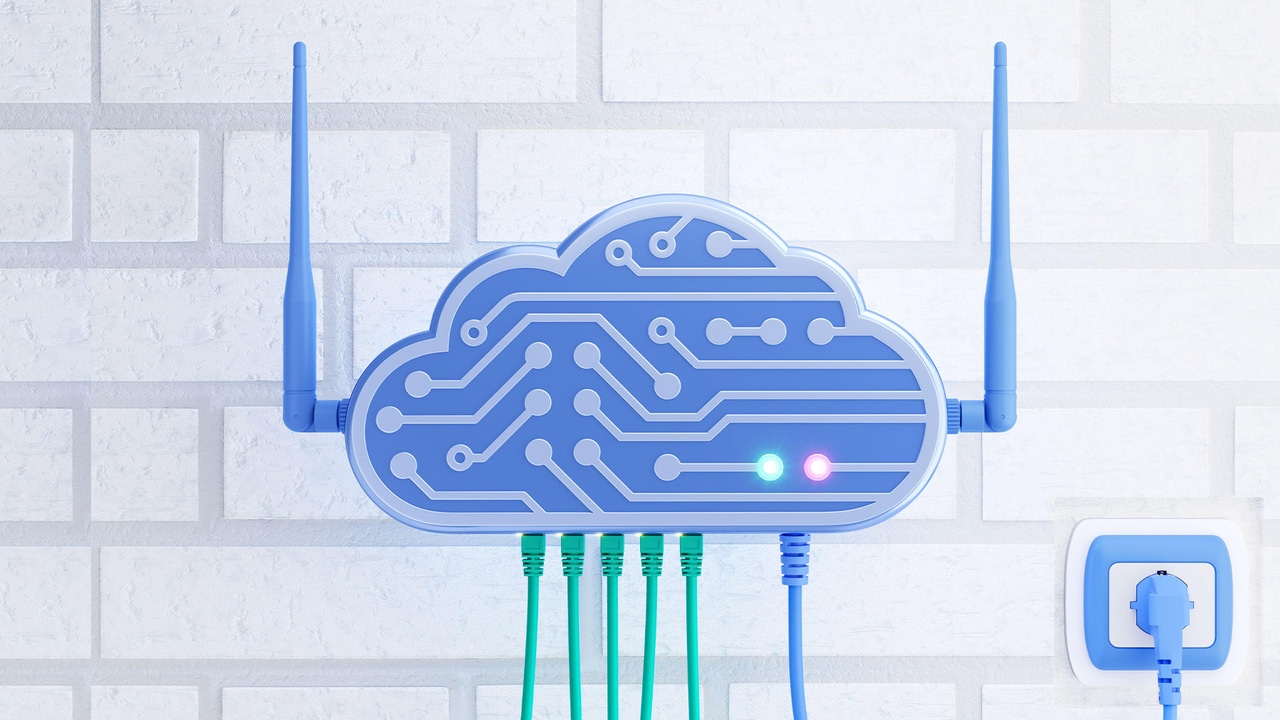Next-Gen Networking: Exploring the Utility of Smart Routers in Data CentersNext-Gen Networking: Exploring the Utility of Smart Routers in Data Centers
Do smart routers really fulfill the promise of improved performance and simplified network management for data centers?

In recent years, network routers have undergone the same transformation that took place with cell phones about two decades ago: They became “smart.” Hence why many network hardware vendors are now selling smart routers.
But what is a smart router, exactly, and how can smart routers benefit your data center? Read on for answers as we unpack the implications of the smart router trend.
What is a Smart Router?
In networking, a smart router is a device that intelligently troubleshoots networking issues and helps optimize network performance.
That, at least, is a generic definition of what you might consider a smart router. If you poke around on the Internet to find definitions of smart routers by vendors, you’ll notice that they vary pretty significantly. Some use the term “smart router” to refer to devices that can “detect and remediate outages, failures, and breaches.” Others call them a type of router “that provides interaction with mobile applications,” whatever exactly that means. And in some usages, a smart router is simply a type of wireless router that can automatically choose the best wireless band.
Not all these usages are relevant to data center networking; many apply to wireless routers used in home or office settings. Still, some data center networking hardware vendors are using the notion of smart routers (or related terms, like intelligent routing) to refer to devices that offer features like automated troubleshooting or network performance optimization.
How Do Smart Routers Work?
Because of the wide variation in what counts as a smart router, there is no single explanation of how smart routers work or which types of technology they use.
In cases where smart routers offer automated network management capabilities, they usually do so based on software that provides features like the ability to reroute packets to help balance network load or discover new devices automatically when they join the network.
In this sense, smart routers don’t really do anything all that new; the sorts of capabilities just mentioned have long been a standard part of network management software. The only differentiator for smart routers, perhaps, is that these devices come bundled with software that enables them to help manage networks automatically, instead of requiring additional network management tools for that purpose.
Read more of the latest data center hardware news
In addition, there seems to be a focus in smart router land on the notion of hands-off network management. Instead of requiring admins to configure networking policies and apply them manually, smart routers promise in many cases to manage your networks for you. It's essentially an example of what you might categorize as NoOps.
It’s worth noting, too, that in more than a few cases, smart router vendors are slapping the “AI” label on their devices. But like many vendors who profess to be selling AI-powered solutions today, they're using the term loosely to refer to any type of software that uses data analytics in some sort of way. From this perspective, too, smart routers aren’t doing anything novel; analyzing network traffic to identify anomalies and opportunities for optimization has been a core practice in network management for decades, long before anyone called it AI.
Does Your Data Center Need a Smart Router?
In the respect that smart routers seem to constitute more of a marketing term than anything particularly tangible, it’s likely that most data centers will get along just fine using network routers and switches that don't claim to be “smart.”
That said, to the extent that smart routers can provide built-in network management features without requiring additional software, they may be beneficial for data center operators struggling to keep network infrastructure running smoothly. Don’t expect a smart router to become a viable alternative to a competent data center networking engineer, but they might help overstretched teams to be just a bit more productive.
Just be sure that, before choosing a smart router, you understand what actually makes it smart. You don’t want to pay more for a device that looks fancy because it claims to be “smart” or “AI-enabled,” but that in reality doesn’t do anything differently from conventional networking hardware.
About the Author
You May Also Like









